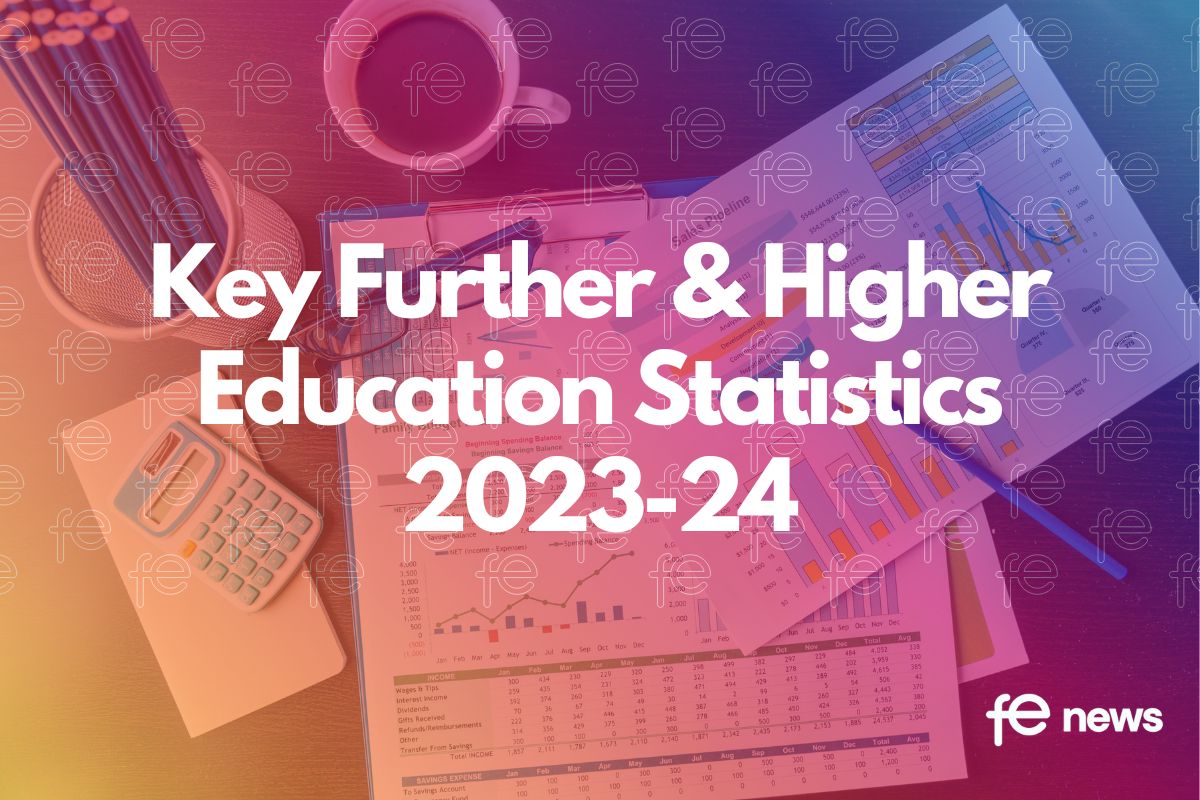New courses support areas of need in education

A new suite of innovative short courses has been designed by the University of Chester to support education professionals to respond to a range of needs and challenges faced by children and young people.
This includes the Emotionally Based School Avoidance (EBSA) short course which supports education providers in their work to reduce absence and help the growing number of children and young people experiencing emotional challenges in attending school.
With around a fifth of school pupils being recorded as persistently absent in the UK, the sector-leading course is one of a portfolio just launched by the University’s School of Education to support the education profession with critical areas of need.
The Master’s accredited Continuing Professional Development (CPD) short courses have been developed by leading experts, underpinned by recent evidence and research, and offer cutting-edge insights and practical strategies to enhance practice.
The diverse series caters to a wide range of needs and includes:
- Emotionally Based School Avoidance (EBSA)
- Leading Safeguarding
- Relational Approaches to Supporting Behaviour
- Disability and The Equality Act
- Leading Education in Secure Environments
- SEND (Special Educational Needs and Disabilities) and The Law.
The new EBSA short course starts in May 2025 and has been launched after statistics from the Department for Education (DfE 2024) revealed that just over 20% of children were persistently absent from school (missed 10% or more of their possible sessions) in the academic year 2023/2024.
The course will support practitioners to develop their knowledge and understanding of EBSA as well as equipping them with the skills to identify concerns at an earlier stage and implement appropriate support.
Simon Lennox, Head of Warrington Virtual School, a partner of the School of Education, said: “It is clear that a growing number of our children feel unable to attend school. It is also clear that some of these children are not ‘school refusers’ i.e. they are not choosing to be absent from school. We have started to understand that, like a lot of adults with phobias, our children are finding the thought of attending school overwhelming.
“That is why understanding how Emotionally Based School Avoidance (EBSA) presents, what can increase the likelihood of it occurring and how to support children experiencing it is so important for staff working in schools. We want our children to feel understood and supported so they can start to attend school more regularly, so they can feel happy and comfortable again.”
Also starting in May 2025 is the Leading Education in Secure Environments course while the Relational Approaches to Supporting Behaviour, and the Disability and the Equality Act courses start earlier in the year, in January 2025.
The Leading Safeguarding, and SEND and The Law courses start in October 2025.
Dr Lynn Sampson-Chappell, Head of CEPD (Childhood Education and Professional Development), in the School of Education at the University of Chester said:
“I am proud of the innovative suite of short courses we have designed and developed with and for education colleagues from a wide range of disciplines locally, nationally and internationally to support the sector with emerging and systemic areas of need. All of our short courses draw upon evidence and research in the support of practice to bring about positive change.”
The CPD courses offer flexible study, making it easier to balance professional development with a busy schedule.
All the courses are provided live online, while in addition the Leading Safeguarding and Relational Approaches to Supporting Behaviour courses can be attended in person at Exton Park in Chester.
They are fully accredited and come with a prestigious 10 level seven credits, ensuring that the professional development is recognised and valued. The credits can be used towards further postgraduate study or even a full Master’s programme, making the investment in CPD even more impactful.










